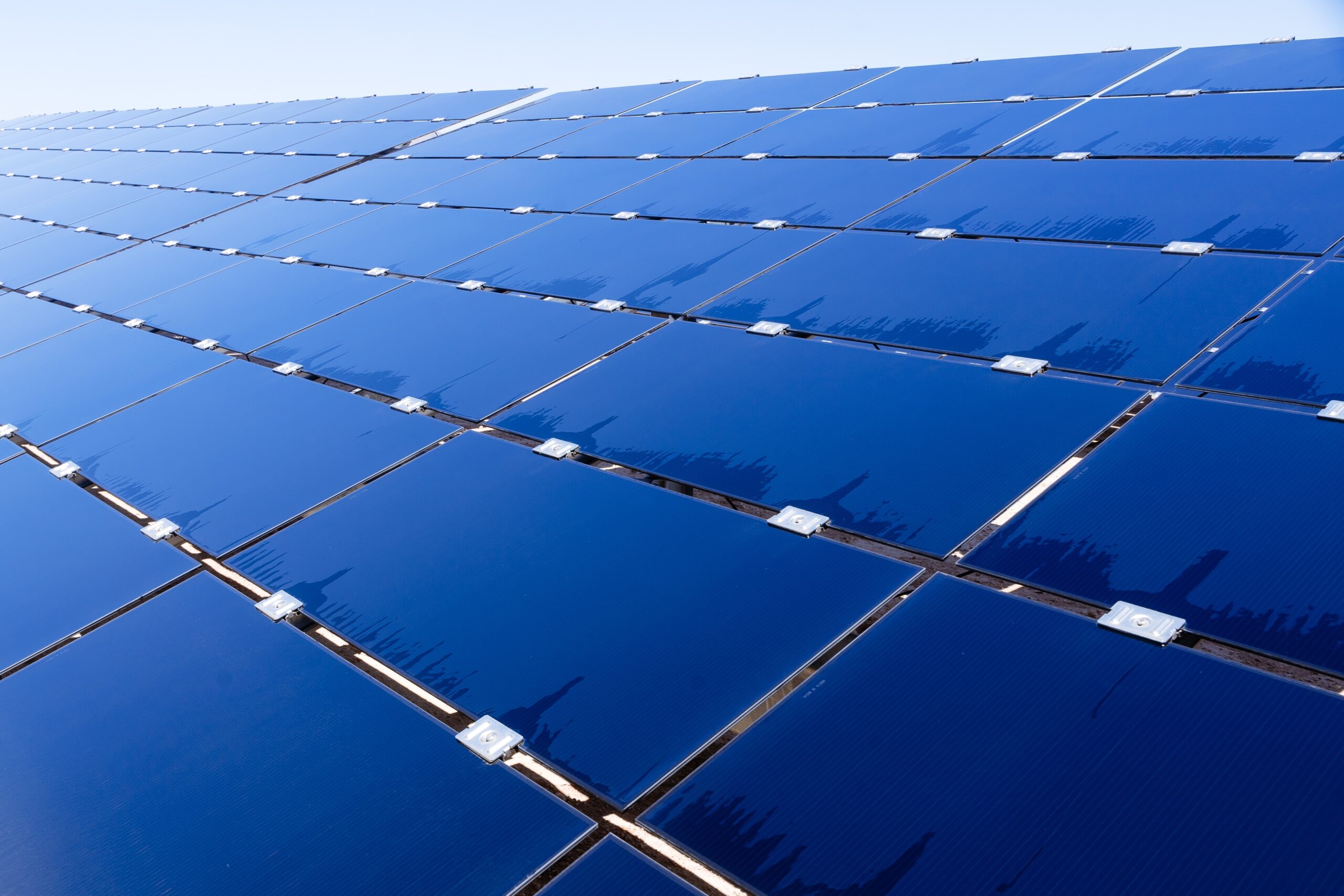Do you want to tap into the power of the sun and use solar energy for your home or business? It’s a great idea, but it’s important to know what the drawbacks are before taking that leap.
In this article, we’ll uncover the myths and disadvantages of solar energy so you can make an informed decision. We’ll discuss why some people think it has disadvantages and clear up any misconceptions. With all this information under your belt, you’ll be ready to decide if going solar is right for you!
- 1. Brief: What are the Disadvantages of Solar Energy?
- 2. Misconceptions About the Disadvantages of Solar Energy
- 3. The Cost of Installing and Maintaining a Solar System
- 4. How Weather Can Impact Your Solar Panels
- 5. The Different Types of Home or Business Installation Options
- 6. Potential Tax Incentives for Going Solar in Your State
- 7. Conclusion: Should You Invest in Solar Power?
1. Brief: What are the Disadvantages of Solar Energy?
The disadvantages of solar energy include the fact that it is expensive and bulky to install, has limited efficiency levels in bad weather conditions and can be unreliable due to the lack of sunlight in certain geographical areas.
Additionally, the materials used are not always eco-friendly and have a detrimental impact on wildlife habitats around large-scale projects.

2. Misconceptions About the Disadvantages of Solar Energy
There are many misconceptions about the disadvantages of solar energy, such as its cost and efficiency. First of all, the cost of installation has dropped dramatically in recent years due to advances in technology and a better understanding of how to install it effectively.
Solar energy is also incredibly efficient – panels can last up to 25-30 years and generate returns that beat out traditional investments like stocks or mutual funds! Furthermore, solar energy doesn’t require non-renewable resources like coal or gas so it’s much more sustainable for our environment.
3. The Cost of Installing and Maintaining a Solar System
The cost of installing and maintaining a solar system is an important Disadvantages Of Solar Energy to consider before making the switch from traditional energy sources. Initial installation costs can range from several thousand dollars up to twenty-five thousand dollars, depending on the size of your home and property.
Maintenance fees are usually included in the contract with your chosen company and will include repairs or replacements should any components fail over time.
4. How Weather Can Impact Your Solar Panels
Weather can have a big impact on the performance of your solar panels. On hot days, the energy output of your solar array is reduced and cloudy or rainy days can reduce it even further.
You should also be aware that snow or ice build-up can block sunlight from reaching photovoltaic cells, reducing their efficiency. Taking these weather conditions into consideration when installing your solar panel system will help you make sure you get the most out of it!

5. The Different Types of Home or Business Installation Options
When it comes to home or business installation options, there are many different choices. Depending on the specific needs of your project, you may opt for either a wired or wireless system.
Wired systems often require more time and effort in the setup process but can provide greater reliability and scalability. Wireless systems usually offer faster installation times but may have limited features compared to their wired counterparts.
Additionally, some businesses may benefit from using server-based solutions as an option for their installations. These types of setups can be complex to set up and manage, but they offer a great deal of flexibility when it comes to customization and data storage capability.
6. Potential Tax Incentives for Going Solar in Your State
When it comes to installing solar panels for your home, you may be eligible for tax incentives that can make the process more affordable. Every state has different potential benefits, so check with your local energy provider or research online to find out what kind of incentives are available in your area.
You might even be able to get a sizeable rebate on the cost of installation!
7. Conclusion: Should You Invest in Solar Power?
The conclusion to investing in solar power is ultimately up to you and your personal situation. While it can be a great way to save money on energy costs, there are factors such as upfront installation costs, maintenance, and location that should all be taken into consideration.
Do your research and make an informed decision before committing to any renewable energy investments.
If you found this article insightful, you should absolutely check out other articles on how you can use the solar energy effectively for various purposes (homes, vehicles, etc.).
